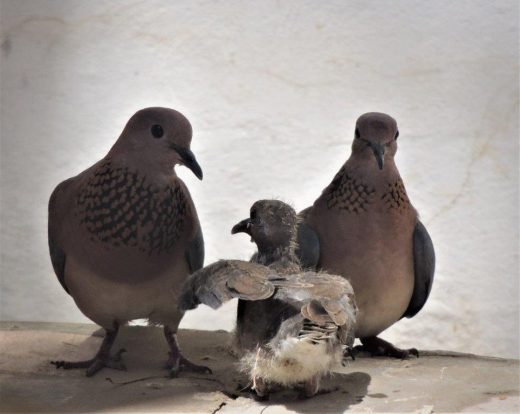We don’t have to look very far to witness the excessive use of political power by those who control governments. Any modicum of a majority is enough to push radical change, widespread policy shifts or approval of the most nebulous of projects. There is no need to engage people in the debate; the fact that they voted at all is approval in itself.
One could despair.
What has happened to democratic processes with trust as a foundation, respect as a moral guide and honesty as a fundamental commitment?
The opportunity to serve as an observer for the election in Ukraine for two months provided for me many insights into what ails our own political system and that of so many other western democracies. There is a chasm between genuine representative democracy and what exists.
The opportunity to meet, dialogue and interact with young, passionate and committed people fighting for a chance at democracy and freedom was like a breath of fresh air.
These young people were engaged in monitoring election issues, researching candidate’s credentials and ethics, and were intervening in activities which they considered non-democratic, unethical, or illegal. They did this at great risk and for little reward.
Their idealism was as inspirational as their naivety of modern western political processes was refreshing. They were neither impeded by the subtle indoctrination of political spin (as we are in the west) or the recurrent disappointments many feel because of the failure of politicians to deliver on their promises. In Ukraine few promises were made and there was little need for spin.
They viewed democracy as an ideal, a means to a better life and the solution to a continuum of repression, economic despair and the incredible gap between those with and those without.
They consider many of the elements of the political process, which is now the norm in our society, as an abomination of democratic process.
Attack ads (Black PR to them) were to be challenged, exposed, and even the basis for court action. It was considered unethical at best, at worst illegal.
Candidates and current parliamentary members taking credit for expenditures by the state (i.e. roads, schools, infrastructure, etc.) were considered hypocritical and such self promotion was totally unacceptable as a political campaign tool. It was the people’s tax dollars that allowed the development; not the politicians who were taking credit.
The use of ghost writers to provide positive commentary in the media for candidates was met with derision and considered an assault against genuine journalism and freedom of the press.
These concepts are now the norm in western political processes; in particular, attack ads, which have become more invasive and destructive over time.
The views of these young people provide an interesting insight into how far our own democratic political ideals have been debased, if not corrupted.
How they would react to such concepts of misleading Robo-calls and other antics used by current political parties in North America might provide interesting commentary and much food for thought.
Instead of accepting what they consider breaches of democratic ethics, they spent time attending political events, videotaping activities, gathering media materials and researching misuse of government resources in order to expose these violations of the democratic process.
This was done often at great risk to their personal well being and under threat of physical and other abuse. They were doing it out of a genuine belief that democratic governance provided far better opportunity than the type of government which they have experienced in their lifetimes.
These young people, who are similar to those in so many other countries, are fighting for freedom and a better life. They are, and should be, an inspiration for the world. They provide a ray of hope that a new world can unfold. This world would have more balanced power structures, better economic equity and opportunity and responsibility mutual to all. It would ensure that rewards and benefits were more fairly and equitably shared.
In more progressive societies the future is vested in its youth. Elders provide the support, encouragement and motivation. They are also available to share the wisdom of a lifetime of experience.
Perhaps it is time the leaders in most western countries (mostly grey haired men and some women) take heed and relinquish their exceedingly excessive power. They won’t be here forever nor will they always be able to contain and control the aspirations of those much younger.
These leaders should pay more attention to their hearts, instead of their egos. Our history books are full of the demise of leaders who were driven by their ego; most often in a spate of violence, because people had enough.
Written by Bill Pardy
December 8th, 2012


